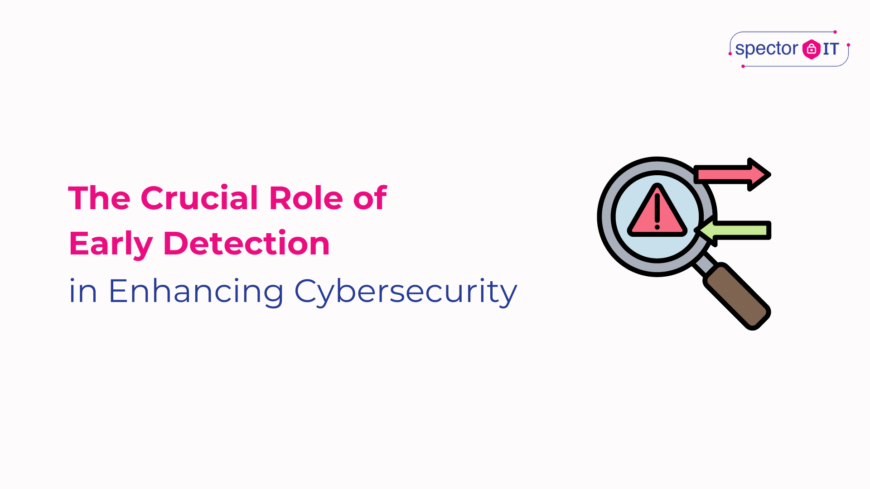
How often should you reassess your disaster recovery plan?
Implementing a disaster recovery plan as part of a business continuity process (BCP) is an essential requirement for all businesses. In a complex technological landscape, having reliable backup and recovery solutions in place is beneficial for ensuring your IT efforts and data are protected. However, having disaster recovery solutions in place are of zero value if they are not regularly tested and verified.
What are the benefits of regular assessment of a disaster recovery plan?
Regular assessment of your disaster recovery solution offers multiple benefits to organisations. The most notable one is that of ensuring your business avoids major data loss. Without frequent testing of your disaster recovery plan it is impossible for your business to be aware of how well your disaster recovery solutions will operate when called upon in a crisis. Many organisations test their disaster recovery plan on initial implementation yet fail to tend to the necessary maintenance thereafter.
By testing at regular intervals throughout the year, your business can identify any internal configuration issues or potential data risks and readjust your disaster recovery solution accordingly to ensure that your internal data and the sensitive data of your clients are efficiently protected. Spector IT offers disaster recovery reviews, image verification and DR testing as part of our Business Continuity Package to help you ensure that your BCP procedures are in line with industry best practice.
At what frequency should my business test our disaster recovery plan?
The frequency at which a disaster recovery plan should be tested and reassessed depends on the size and the needs of your organisation.
It is generally advised that you ensure backups are working as they should daily by automated notification if issues arise, verify backups will function when called upon quarterly and engage in a rigorous DR test at least once a year.
Spector IT carries out daily checks on client’s backups to ensure back up continuity, we provide all our clients with a quarterly health check on backups and a yearly full disaster recovery test as part of our Managed IT Services Package.
Tips to keep in mind when carrying out an assessment test
When carrying out your initial assessment, it is important to set benchmarks for future testing such as recovery time objectives and recovery point objectives. The purpose of these is to ensure that your processes are hitting the mark each time.
The Recovery Time Objective (RTO) is the maximum amount of time a computer system or part thereof can be down once a disaster situation occurs. The Recovery Point Objective (RPO) is the age of files in the past that must be recoverable from a backup for normal operations to resume after a disaster situation occurs.
Companies need to ensure each assessment is documented fully and process continuity occurs during each test to ensure results are accurate and reliable if a crisis occurs.
Spector IT’s business protection services ensure that your organisation is protected against unwanted cyber attacks and unexpected data losses at all times. We provide back up and disaster recovery solutions from an ISO 27001 and Cyber Essentials certified data centre. If you have any questions regarding your disaster recovery solutions, contact us today.

